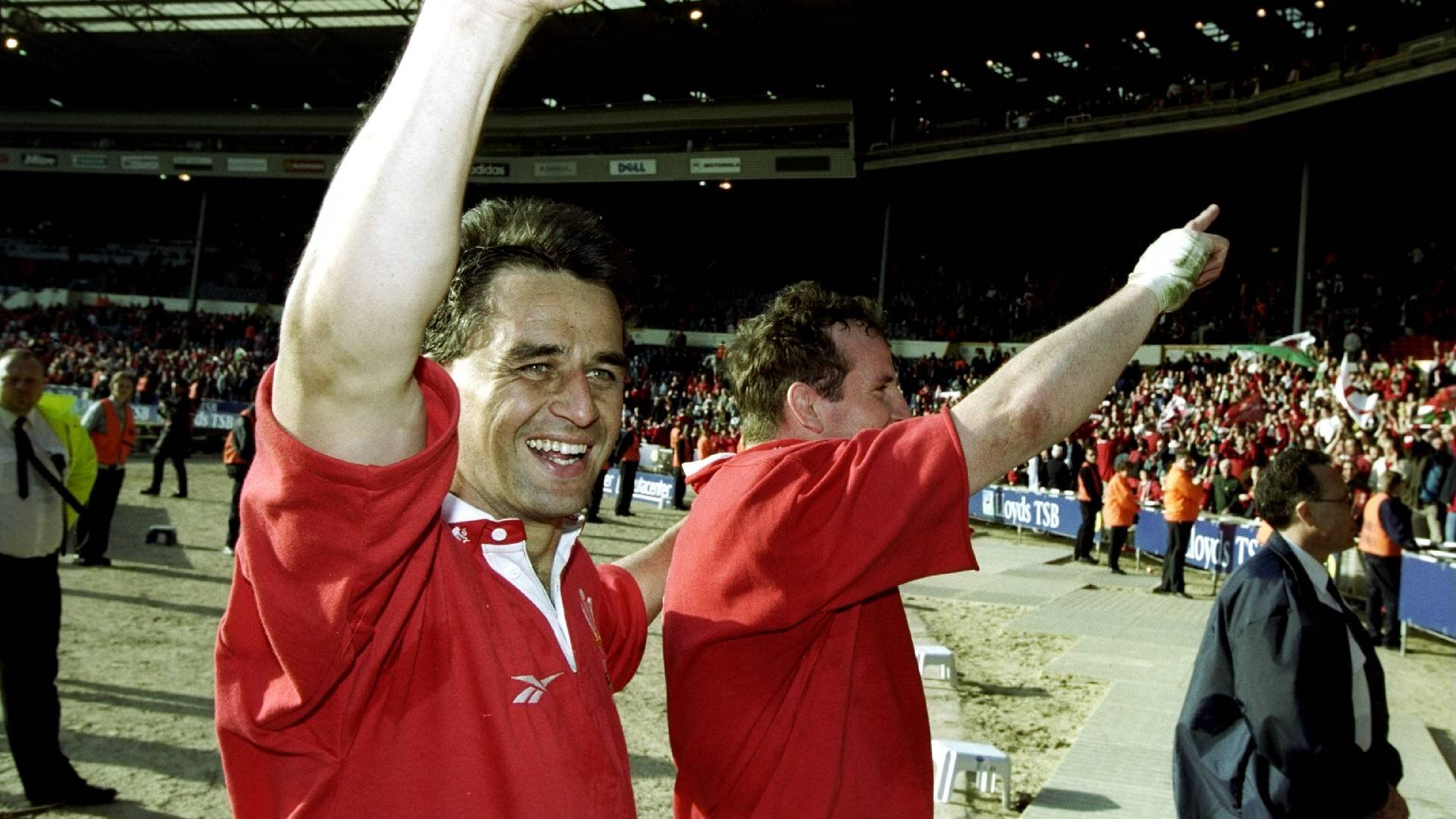'I still believe now that I had Welsh blood running through my veins' - Grannygate victim unapologetic nearly two decades after scandal

Nearly two decades after the infamous ‘Grannygate’ scandal that rocked international rugby, former New Zealand-born Wales fullback Shane Howarth remains adamant of his Welsh heritage, despite being banned from playing for his adopted nation.
Howarth was one of three players – including Kiwi-born Welsh teammate Brett Sinkinson and England-born Scottish international David Hilton – exposed for representing nations they were supposedly ineligible to play for in 2000.
After playing four tests for the All Blacks in 1994, Howarth switched international allegiances to play for Wales four years later after then-head coach Sir Graham Henry convinced him to do so.
Believing he had qualified via his Cardiff-born maternal grandfather, Thomas Williams, Howarth went on to play 19 times for Wales between 1998 and 2000, which included four tests at the 1999 World Cup.
However, an inquiry by World Rugby, then known as the International Rugby Board (IRB), saw Howarth, along with Sinkinson and Hilton, deemed to be ineligible to play for their new nations, and with no proof of his grandfather’s birthplace, Howarth’s second international career was cut short at the age of 32.
Speaking to WalesOnline, the former Auckland, Blues, Worcester, Wasps and Pacific Islanders assistant coach, who now runs a supermarket in Auckland, remains unrepentant about his decision to declare for Wales 19 years on from the saga, but still feels the pain from the downfall the ensued from the drama.
“I couldn’t prove he was my grandfather. It wasn’t on the birth certificate,” Howarth, who was also pursued by England due to his English lineage, said.
“But, in my heart, I truly believed, and I still believe now, that I had Welsh blood running through my veins.
“There were a lot of players involved in it, but, unfortunately – I guess because I was an All Black – I kind of got singled out.
“But, to this day, I am Welsh. If I can’t get papers to prove that, then have a look at the 20 games I played in the red jersey and see if I wasn’t Welsh.
“And, if I wasn’t Welsh, why the hell would I turn England down and play for a country I’m supposedly not available for?
“That’s my take on it. Other people can have their own thoughts about it, but I gave my all in that red jersey and I’ll defy anyone who says I didn’t.”
The impact of being barred from representing Wales extended beyond his rugby career, as Howarth revealed that the publicity surrounding the news also took its toll on his family.
“It hurt my mum’s side of the family,” he said.
“It dragged up things that didn’t need to be bloody dragged up. It all came out in the wash.
“The most disheartening thing for me, out of it all, was I let my mum and my grandmother down. That sits with me still today.”
Watch – Raelene Castle interview:











































